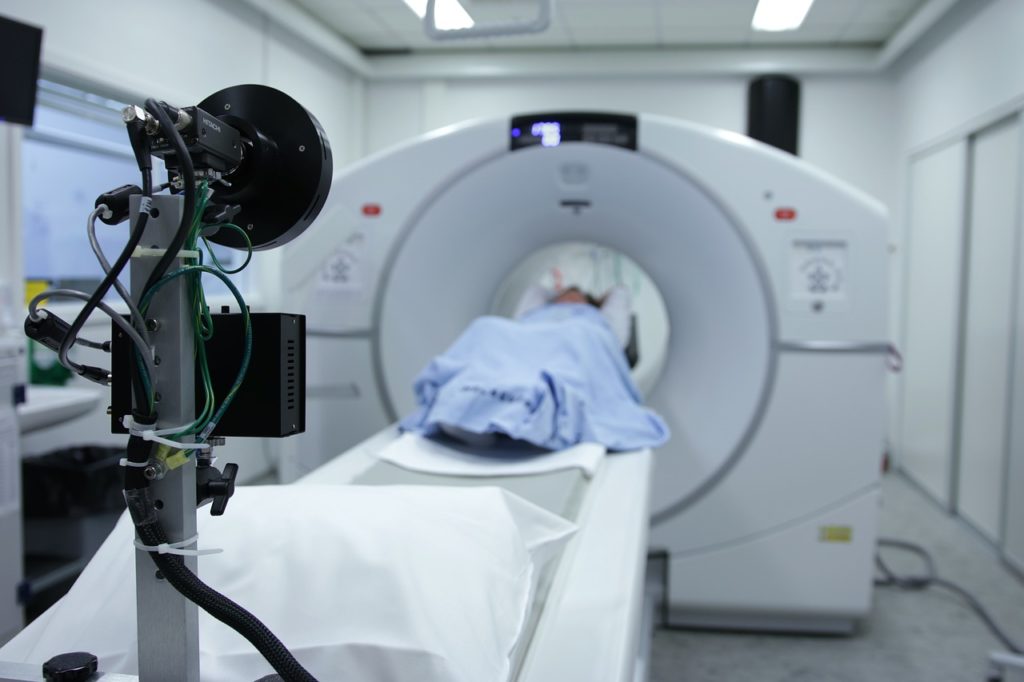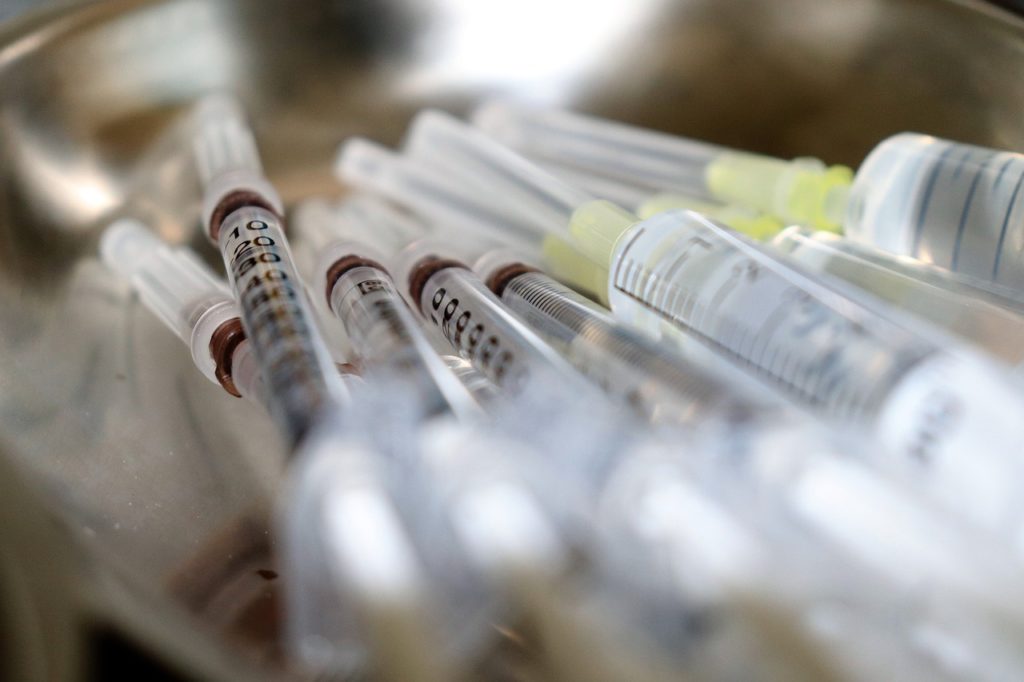Patients go to the hospital to receive care for injuries or illnesses, with the expectation that they will get better while they are there. But when a patient contracts an infection in the hospital, they can end up coming home worse off than they were when they first went into the hospital.
Whether you go to the hospital to get surgery, fix a broken bone, or give birth, you have a reasonable expectation to be kept safe from preventable infections. Yet hospital infections are sadly all too common, and can have devastating consequences for patients who are already ill. If you or your loved one received an infection at a hospital or healthcare facility in Philadelphia, PA, you may be eligible to receive compensation for your associated medical costs.
Hospital Infections Are Not Uncommon
Hospital infections can happen to anyone in a healthcare facility, and are an extremely serious matter. According to the CDC, every day in the United States, one out of every 31 patients in the hospital will contract at least one infection that is associated with the patient’s hospital stay.
These infections can happen in any type of medical setting, although hospitals are a common location where dangerous bacteria, viruses, and fungi can multiply easily and quickly. There are numerous sick individuals in any given hospital, with nurses and doctors moving from one patient to another, using equipment that can become a breeding ground for deadly infections when not properly sanitized. Infection in nursing homes are also a common cause of wrongful death in Philadelphia, PA.
Types of Hospital Acquired Infections
A Hospital Acquired Infection, or HAI, can be caused by a bacteria, fungi, virus, or any other pathogen. Infections can spread through the use of unclean surfaces or equipment in any hospital type setting. There are several common HAI’s, including:
- Central Line-Associated Bloodstream Infection or CLABSI
- Catheter-Associated Urinary Tract Infections, or CAUTI
- Surgical Site Infection, or SSI
- Ventilator-Associated Pneumonia/Event, or VAE
- Clostridium difficile infections, or C. Difficile
- Methicillin-resistant Staphylococcus aureus, also known as MRSA

Other common infections found in hospitals include:
- Clostridium Sordellii
- Hepatitis
- Norovirus
- Staphylococcus aureus
- Tuberculosis (TB)
- Necrotizing fasciitis (flesh eating bacterial disease)
- Central line infections
- Sepsis
Who Will Become Infected During a Hospital Stay?
There are several factors that may increase the likelihood that a patient will contract a hospital acquired infection. These include:
- Length of stay: The longer a patient is in the hospital, the higher their chances of acquiring an infection.
- Amount of treatments: Patients that require multiple treatments or interventions are at a greater risk of an HAI.
Of course, just because a patient is in the hospital for a long time doesn’t necessarily mean they will acquire an infection.
How Do Infections Spread in Hospitals?
Infections in hospitals are usually spread by:
- Direct contact from another patient or staff member
- Bodily fluids such as coughs or sneezes
- Airborne viruses that remain in the air
- Contaminated food, water, or medications
Healthcare professionals need to adhere to high standards of cleanliness to ensure every patient’s safety. If they fail to clean their equipment properly, or to maintain proper hand washing hygiene, they can put everyone at risk.
Hospital Infections Are Preventable
Healthcare providers are taught to properly clean their hands, equipment and surfaces. When they fail to do this, it is very likely that a patient can suffer a preventable infection. If your medical team did not take proper precautionary measures during your care, resulting in an infection, you may be eligible for compensation.

You Have Rights
If you suffered harm due to a medical professional’s mistakes, you have the right to file a medical malpractice claim. The costs of a hospital infection can quickly add up, and the last thing you want to do while you are ill is take on the fight against a large hospital or healthcare facility on your own.
The PA medical malpractice lawyers at Thistle Law can help you better understand your case, and help you get the compensation you need to pay the mounting costs associated with your hospital infection. A medical malpractice claim is meant to hold hospitals accountable, and give patients the funds necessary to pay for the burdens placed on them by a negligent healthcare provider. Contact us today for a free consultation by calling 215-525-6824 or fill out our form here.
